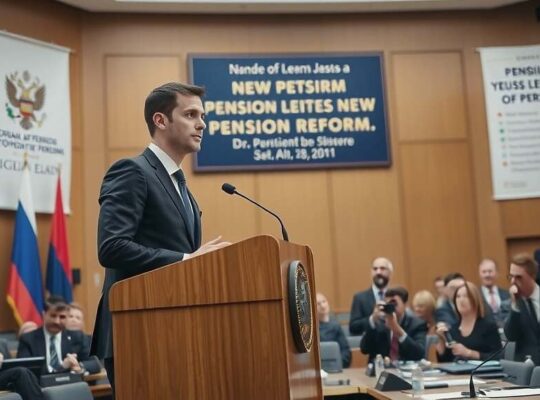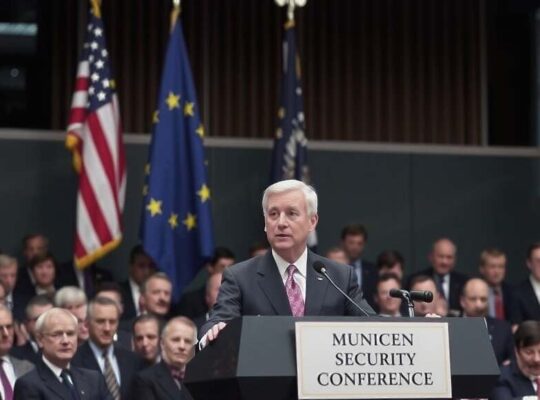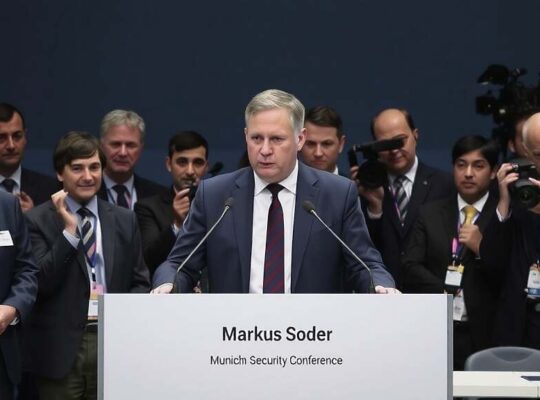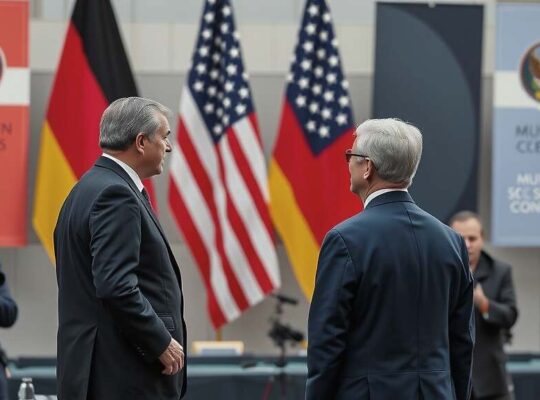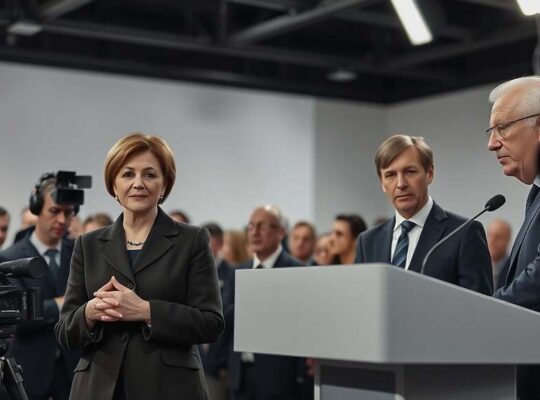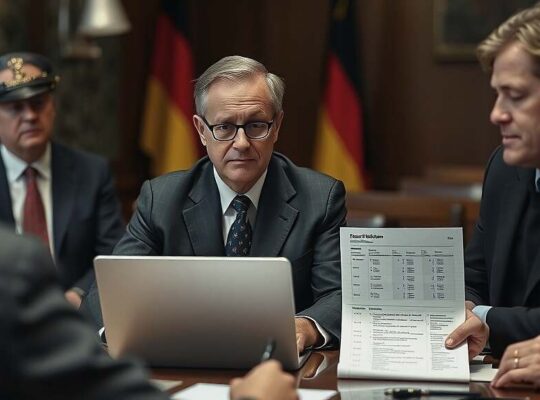The ongoing debate surrounding pension reform has become a flashpoint in German coalition politics, with Bavarian CSU leader Markus Söder publicly backing CDU leader Friedrich Merz and signaling growing frustration with the Social Democrats’ (SPD) stance. Speaking at the Young Union’s (JU) annual conference in Rust, Söder affirmed his support for Merz, explicitly stating he would not “undermine” the CDU leader or former Health Minister Jens Spahn within the governing alliance.
Söder’s endorsement reflects the delicate balancing act required to maintain the fragile three-party coalition between the CDU, CSU and SPD. The recent clashes over proposed pension adjustments have exposed underlying tensions and diverging priorities within the government. Söder’s comment regarding the SPD’s perceived diminished strength suggests a growing belief within the CSU that the SPD’s influence is waning, potentially emboldening the CDU and CSU to assert their own agenda.
While subtly criticizing the SPD’s approach, Söder also demonstrated a degree of understanding towards the JU, the youth wing of the CDU and CSU, who have been vocal in their concerns about the proposed reforms. He acknowledged the JU’s “good arguments” and emphasized the necessity of considering them constructively, indicating a rejection of a purely oppositional stance from the party’s younger members. This nuanced position contrasts with the reception Friedrich Merz received the previous day, with Söder’s address garnering a standing ovation – a clear indication of prevailing sentiment within the JU and, potentially, broader support for a more assertive approach to policy negotiation.
Analysts suggest that Söder’s backing of Merz isn’t merely a display of party solidarity but a strategic move to consolidate power within the coalition and potentially shape the direction of the pension reform debate. The CSU’s willingness to publicly support the CDU leader underscores the complexities of maintaining a governing coalition composed of parties with divergent priorities and emphasizes the ongoing struggle to reconcile competing political pressures. The JU’s strong reaction to Söder’s speech also highlights the crucial role of party youth wings in influencing political discourse and demanding policy revisions.




